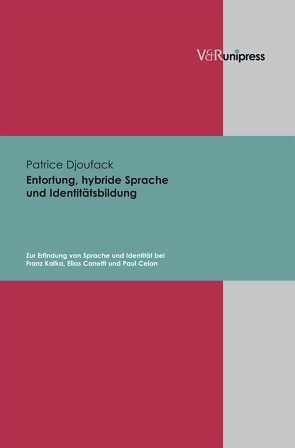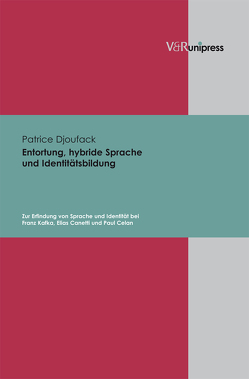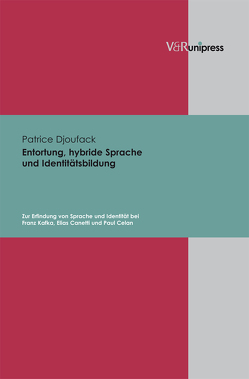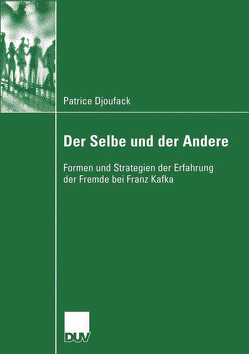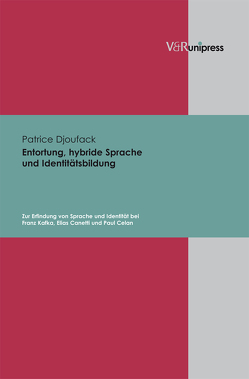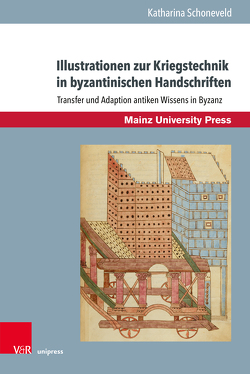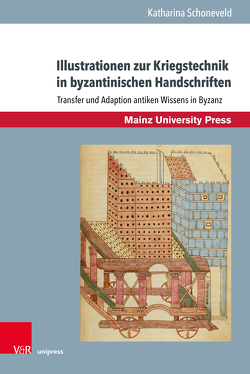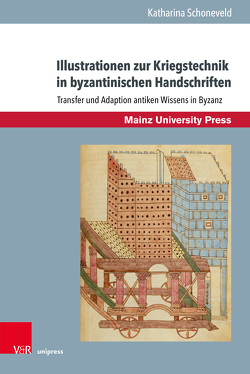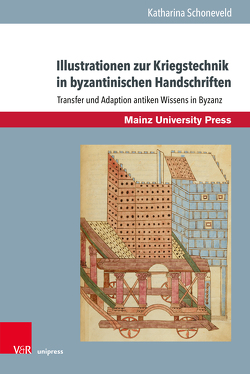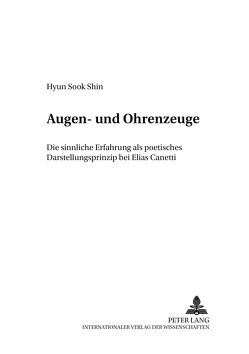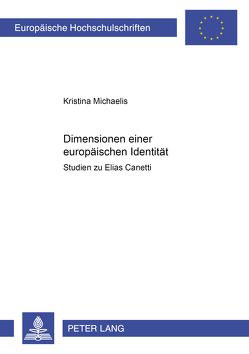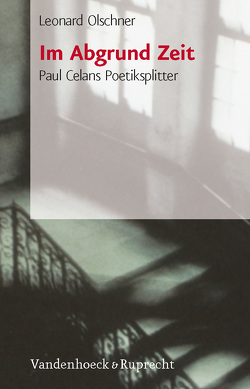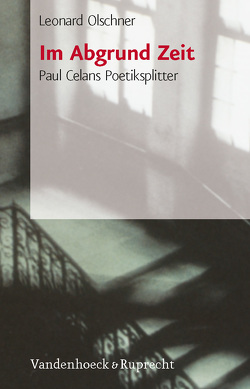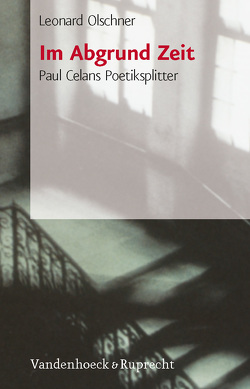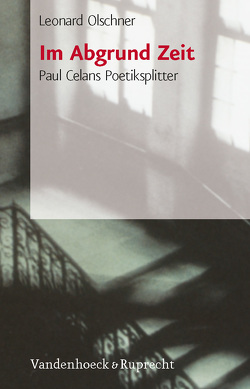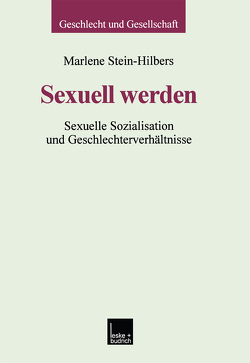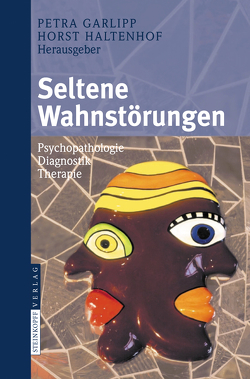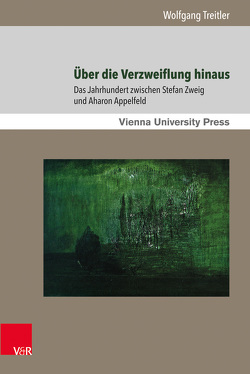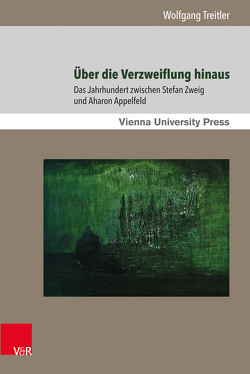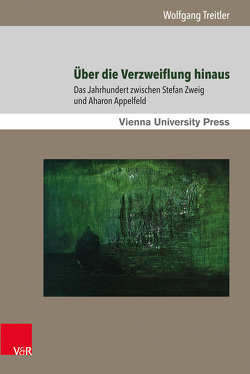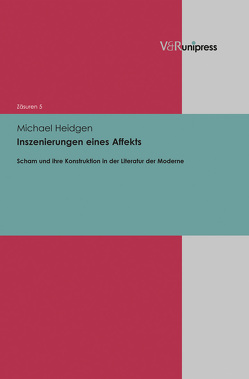Entortung, hybride Sprache und Identitätsbildung
Zur Erfindung von Sprache und Identität bei Franz Kafka, Elias Canetti und Paul Celan
Patrice Djoufack
The volume deals with the constitution of language and identity in literary texts written in the diaspora. The cultural approach enables an understanding of the intercultural experiences described here as well as an exploration of the processes and strategies necessary for generating and transforming language, culture and identity.To provide his analysis of the selected literary works with a terminological and methodological framework, the author first discusses theories of the postcolonial and discourse-theoretical concepts of identity and language. The text analyses show that, by turning to fiction, the authors discussed here were able to exploit a power-free area. The latter is helpful when thinking about language and identity, as one can devise scenarios of intercultural encounter and diasporic experience, thereby putting the possibilities of self-discovery to the test. In their conceptualization of the subject, the authors “articulate” (Hall) memories, wishes and, above all, first-hand experiences with discursive power. The innovative element here is that the experience of the diaspora and interculturality in general offers the possibility to scrutinize and enlarge on this understanding of discursively constituted identities.
